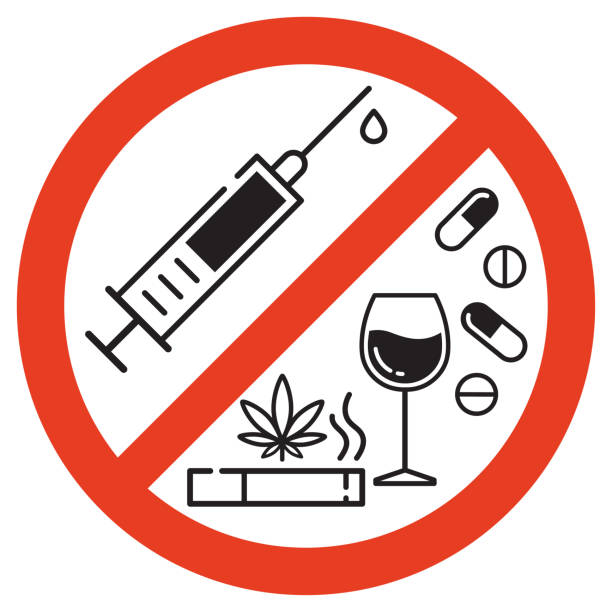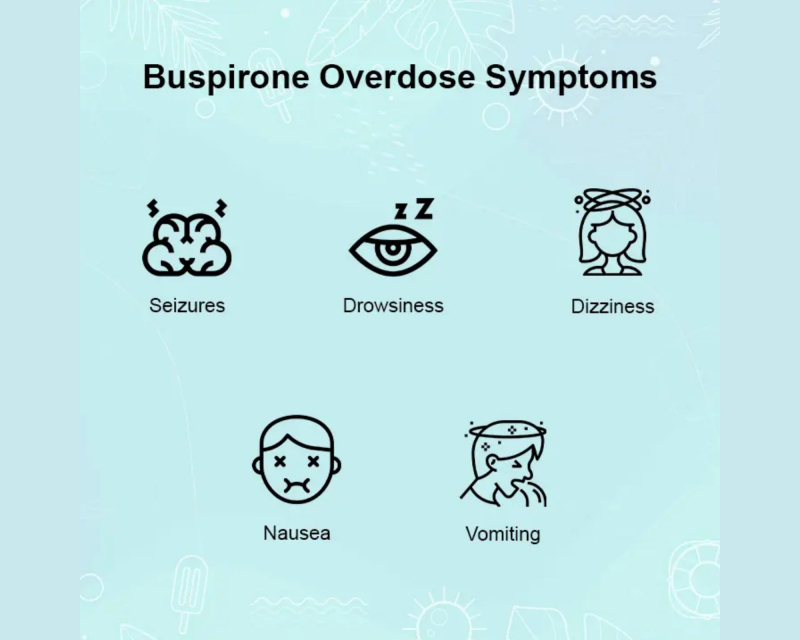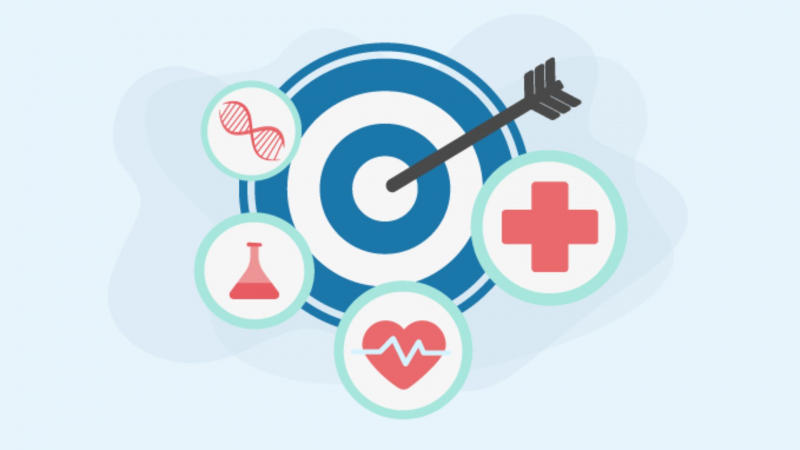Top 12 Things to Know About Buspirone
Buspirone is used to treat anxiety disorders or in the short-term treatment of symptoms of anxiety. Buspirone is in a class of medications called anxiolytics. ... read more...It works by changing the amounts of certain natural substances in the brain. Read on if you want to know more about this drug.
-
Brand name: BuSpar®
Tablet: 5 mg, 7.5 mg, 10 mg, 15 mg, 30 mg
Generic name: buspirone (byoo SPYE rone)Buspirone belongs to a class of medications known as anti-anxiety medications. Buspirone has no known interactions with other anti-anxiety medications such as benzodiazepines, barbiturates, or other sedative/anxiolytic drugs. It is approved to treat generalized anxiety disorder (GAD).
When a person experiences excessive anxiety or worries for at least six months, they have Generalized Anxiety Disorder (GAD). Other signs and symptoms include:- Restlessness
- Fatigue (low energy, feeling tired all the time)
- Difficulty concentrating
- Irritability
- Muscle tension
- Sleep disturbance (difficulty falling asleep or waking up in the middle of the night)
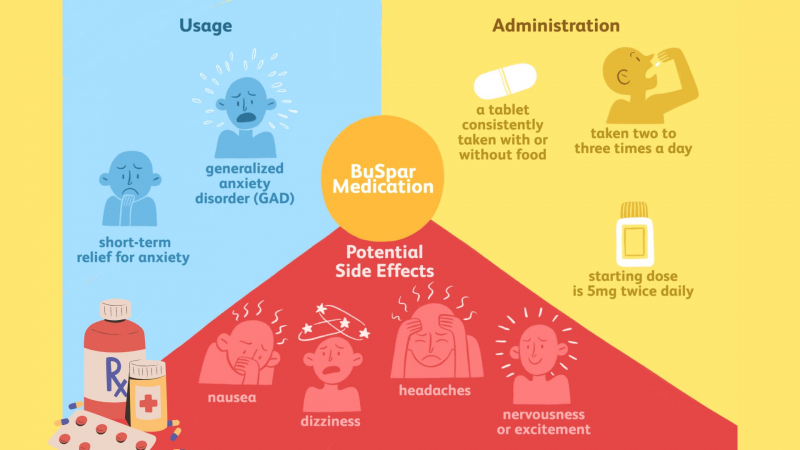
Verywell Mind 
YANA Mental Health -
Do not drive or operate machinery until you know how this medication affects you, as you may feel tired or dizzy.
When combined with buspirone, alcohol may cause drowsiness or dizziness. While taking buspirone, you should avoid drinking alcohol.
It could take 3 to 4 weeks before you feel better. You may initially notice a decrease in irritability and worry. Do not discontinue this medication without first consulting with your doctor. Your healthcare provider will determine how long you will need to take the medication based on your input.
Buspirone, unlike other anti-anxiety medications, has very low abuse potential.

Science Photo Library egpat -
Notify your health care provider if you intend to become pregnant in order to best manage your medications. People suffering from anxiety disorders who want to become pregnant must make difficult choices. It is critical to consult with your doctor and caregivers about this.
Breastfeeding should be avoided because it is unknown whether buspirone passes into breast milk.

Calm Clinic 
BuzzRx -
The most bothersome symptoms of your condition
If you have suicidal or self-harming thoughts Medications you have taken in the past for your condition, whether they were effective or had any side effects
If you experience side effects from your medications, talk to your doctor about it. Some side effects may fade with time, while others may necessitate medication changes.
Any other psychiatric or medical issues you may be experiencing
All other medications you are currently taking (including OTC products, herbal and nutritional supplements), as well as any medication allergies you have
You are also receiving non-medication treatments such as talk therapy or substance abuse treatment. Your doctor can explain how these various treatments interact with the medication.
If you are pregnant, intend to become pregnant, or are currently breastfeeding.
If you consume alcohol or use drugs,

Dr Pawan Rathi 
Morning Advertiser -
Buspirone should be administered twice daily, with or without food.
Based on your response, your doctor will determine the appropriate dose for you.
To help you remember to take your medication, use a calendar, pillbox, alarm clock, or cell phone alert. You could also ask a family member or a friend to remind you or check in with you to ensure that you are taking your medication.

Impulse Therapy 
CreakyJoints -
If you miss a buspirone dose, take it as soon as you remember, unless it is close to your next dose time. Consult with your doctor about this. Do not double your next dose or exceed the recommended dosage.
When taking buspirone, avoid drinking a lot of grapefruit juice.

US News Health 
UChicago Medicine -
Common side effects
- Nausea, headache, or changes in dreams
- Feeling dizzy, drowsy, or lightheaded
Rare/serious side effects
- Weight or appetite changes, fainting, blood pressure changes, muscle cramps or spasms, and redness or itching of the eyes may occur in some cases.
- Allergic reaction (difficulty breathing; hives; swelling of the lips, tongue, or face); chest pain or an irregular heartbeat; slurred speech; confusion or blurred vision; numbness or tingling in your hands, feet, arms, or legs; or uncontrollable movements of your arms, legs, tongue, or lips.
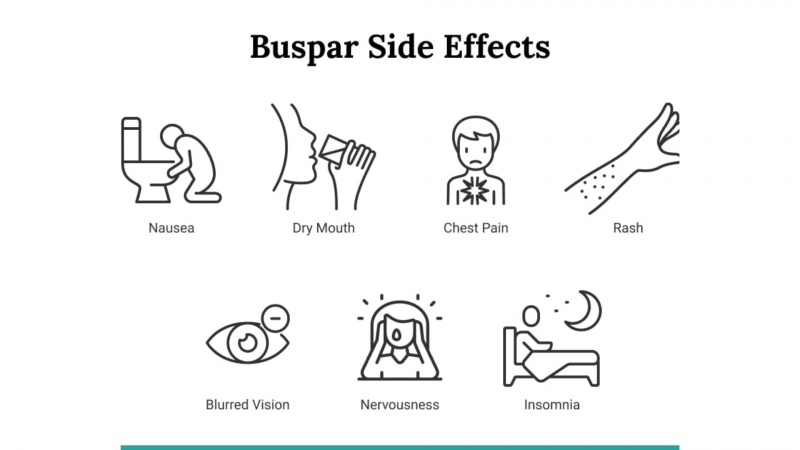
Addiction Resource 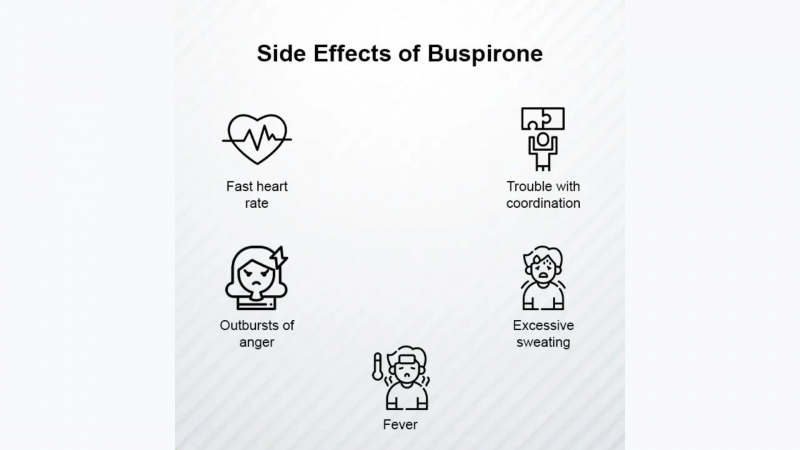
EZCare Clinic -
Do not take buspirone if you have recently taken a monoamine oxidase inhibitor (MAOI) such as phenelzine (Nardil®), isocarboxazid (Marplan®), selegiline (Eldepryl®, EMSAM®), or tranylcypromine (Parnate®). The combination of buspirone and these agents can result in a significant increase in blood pressure.
The following medications may increase buspirone levels and effects:
- Diltiazem (Cardizem®, Dilacor®, Tiazac®)
- Verapamil (Calan®, Covera-HS®, Isoptin®, Verelan®)
- Erythromycin (E-Mycin®, E.E.S.®, Ery-Tab®, Eryc®, others)
- Consuming large amounts of grapefruit juice can increase the amount of buspirone in your blood
The following medications may decrease the levels and effects of buspirone:
- Rifampin (Rifadin®, Rimactane®, Rifampicin®, others)

Poison Control 
Hapupharma













